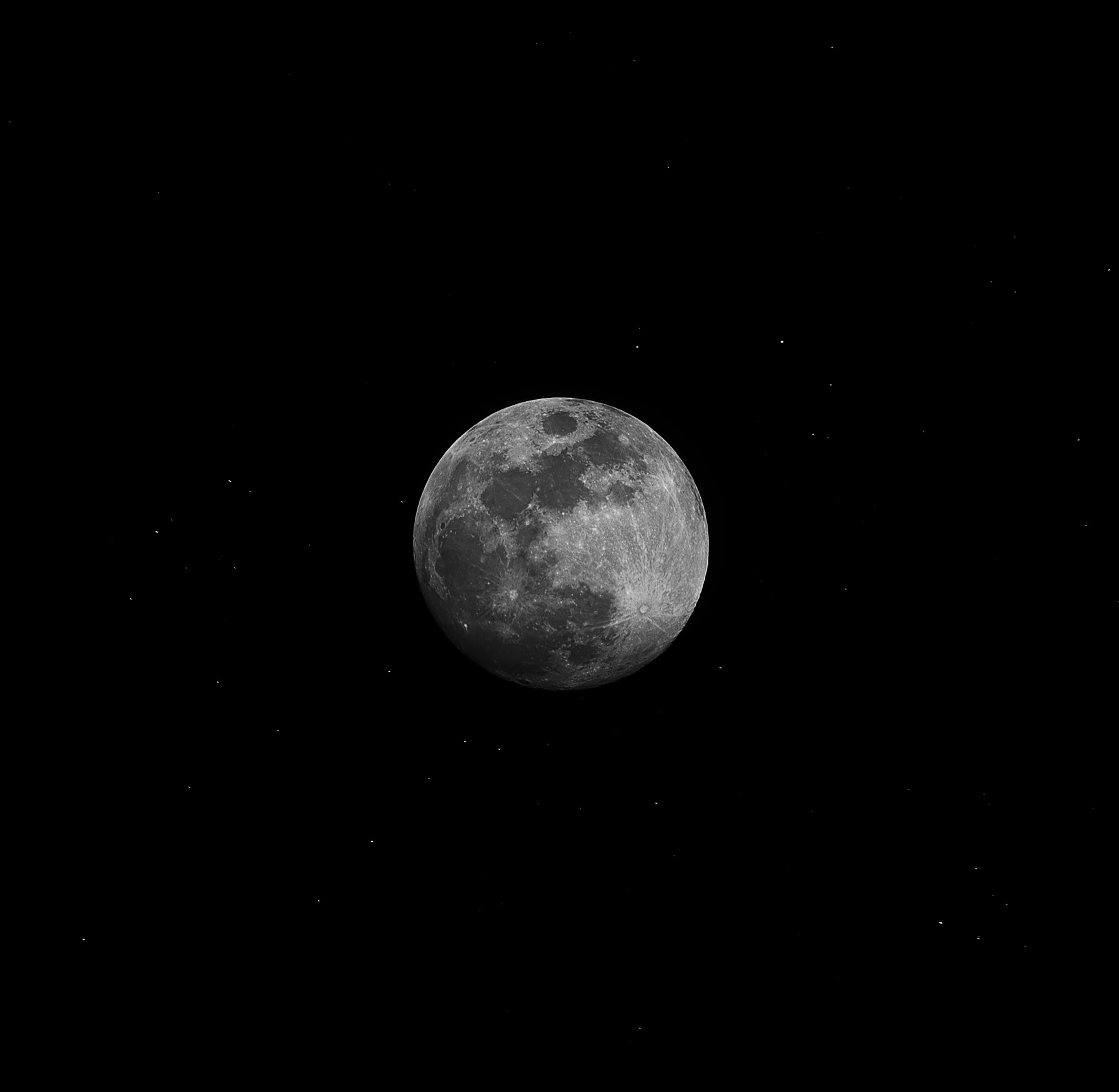The Origins and History of Vedic Astrology
Vedic astrology, also known as Jyotisha, is an ancient system of astrology that originated in the Indian subcontinent. It is believed to be the oldest surviving astrological system in the world, with roots dating back thousands of years. The term “Vedic” refers to the Vedas, the ancient scriptures of Hinduism, from which the principles and practices of this astrology are derived.
Unlike Western astrology, which developed in Greece and later in Europe, Vedic astrology has its roots in the ancient Indian civilization. The origins of this astrological system can be traced back to the Vedas, which are considered to be the oldest sacred texts in Hinduism. The Vedas are a vast body of knowledge that cover various disciplines, including astrology.
The Vedas and Astrology
The Vedas are a collection of hymns, prayers, rituals, and philosophical discourses that were orally transmitted by sages and seers over generations. They were eventually written down in Sanskrit, the ancient language of India. Among the four primary Vedas, the Rigveda contains references to astrology, mainly in the form of hymns dedicated to celestial deities.
One of the most significant hymns associated with astrology is the “Hymn to the Dawn” (Usha Suktam) found in the Rigveda. This hymn praises the dawn and the sun, highlighting their importance in the cosmic order. The Vedas view the celestial bodies, particularly the sun and the moon, as divine entities that exert a profound influence on human life and destiny.
It is within the framework of the Vedas that the principles and concepts of Vedic astrology took shape. The sages and seers recognized the interplay between the movements of celestial bodies and human existence, and they developed a sophisticated system to interpret and predict these influences.
Foundations of Vedic Astrology
Vedic astrology is based on the principle of interconnectedness between the individual soul (jiva) and the cosmic universe (Brahman). It encompasses a comprehensive worldview that not only takes into account the position of celestial bodies but also considers various other factors, such as the individual’s birth chart (kundli), karma, and the influence of past lives.
At the core of Vedic astrology is the belief in the concept of “Karma,” which suggests that our actions in previous lives determine our present circumstances. According to this principle, every birth chart is unique and represents the karmic patterns of the individual. By analyzing these patterns, astrologers aim to gain insights into the tendencies, strengths, weaknesses, and potential future events in a person’s life.
A fundamental aspect of Vedic astrology is the division of the zodiac into twelve signs, known as the Rashis. These signs correspond to specific constellations in the sky and are associated with various planetary influences. Each Rashi is further divided into 30-degree segments called Nakshatras, which represent the position of the moon on the celestial sphere at the time of birth.
To create a comprehensive birth chart, astrologers analyze the precise positions of the planets in the zodiac signs and the various aspects (angular relationships) between them. The birth chart provides valuable information about an individual’s personality, relationships, career prospects, health, and more.
The Influence of Other Cultures
While Vedic astrology has its roots in ancient Indian civilization, it did not develop in isolation. Over the centuries, as kingdoms rose and fell, various cultures and traditions influenced the practice of astrology in different regions of India.
One significant influence came from the Hellenistic period, when Alexander the Great and his Greek troops invaded northwest India. The Greeks brought with them their own astrological traditions, which merged with the existing knowledge of Vedic astrology. This cross-cultural exchange led to the development of a branch of astrology known as “Vedic Astrology in the Indo-Greek tradition.”
In addition to Greek influences, Persian and Islamic astrological traditions also made their impact on Vedic astrology. The Persian astrologer, Abu Ma’shar al-Balkhi, known as Albumasar, introduced certain techniques and concepts into Vedic astrology during the 9th century. These influences can be seen in the use of planetary aspects, prediction techniques, and the divisional charts that are an integral part of Vedic astrology.
Vedic Astrology in Contemporary Times
Vedic astrology has evolved over time, incorporating new techniques and adapting to the changing cultural and social landscapes. It continues to be an essential aspect of Indian culture and is widely practiced in India and other parts of the world.
Advancements in technology and the internet have made Vedic astrology more accessible to a global audience. Online astrology portals, consultations, and mobile applications have made it easier for people to access astrology services and receive personalized insights based on their birth charts.
However, it is crucial to approach Vedic astrology with a discerning mind and seek guidance from knowledgeable and ethical practitioners. While astrology can provide valuable insights, it is not a substitute for personal responsibility, critical thinking, and decision-making.
Conclusion
Vedic astrology has a rich history that spans thousands of years. It originated from the sacred texts of Hinduism, the Vedas, and developed into a sophisticated system for interpreting and predicting the influence of celestial bodies on human life. With its focus on karma, interconnectedness, and the individual birth chart, Vedic astrology offers a unique perspective on self-discovery and personal growth.
As the world continues to evolve, the enduring popularity and relevance of Vedic astrology are a testament to its enduring wisdom and its ability to provide insights into the human experience.
Table of Contents
